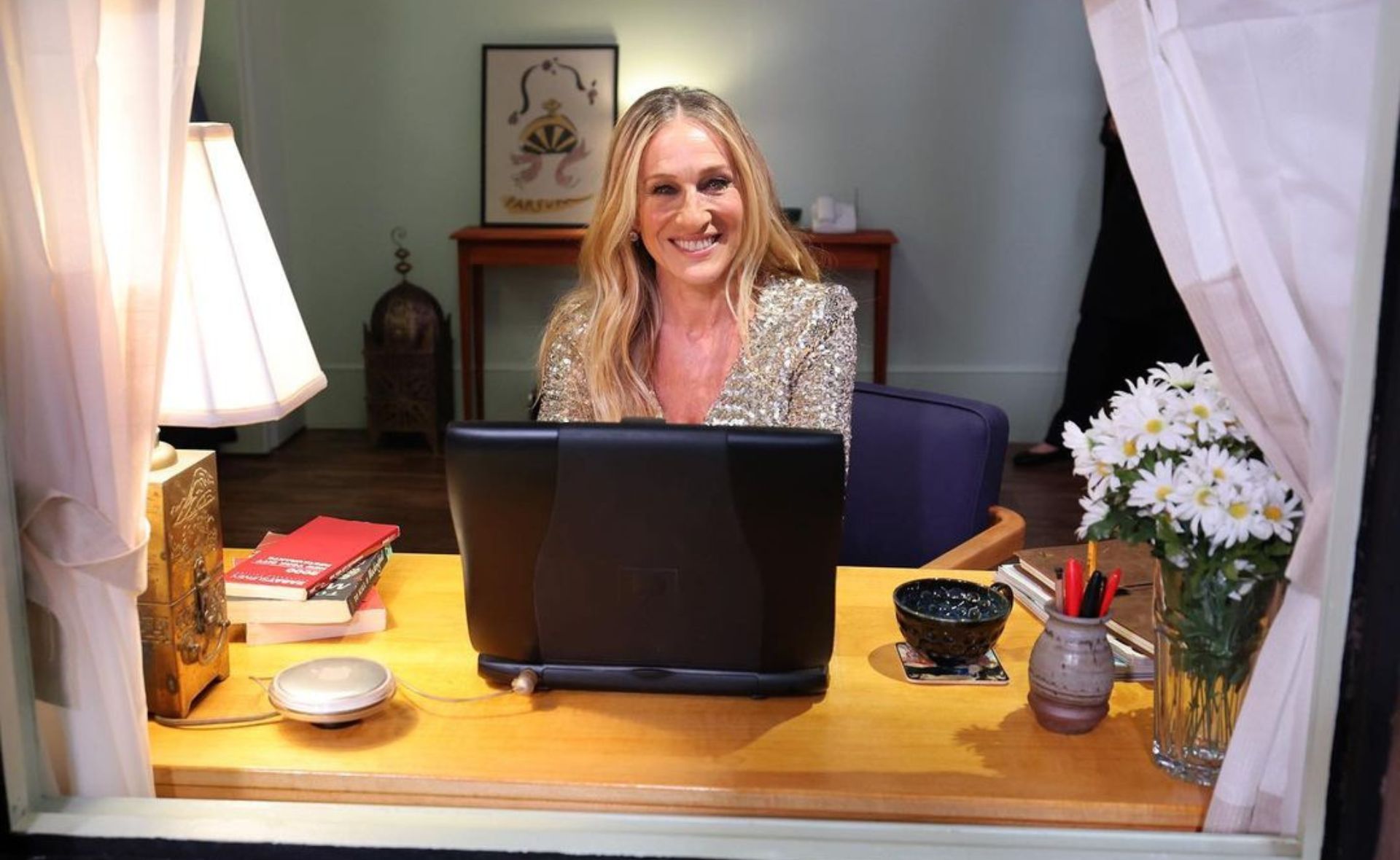Around 70 per cent of Australians will gamble at some point this year. In 2009 we spent $12 billion on the pokies alone. For most it’s the odd flutter for fun, but for problem gamblers it can mean the end of their career, family and even life.
So how can you detect problem gambling?
They could include:
Feeling concerned about your gambling
Spending increasing amounts of time/money gambling
Being mentally preoccupied with gambling
Making repeated attempts to cut down
Trying to win back money lost
Being criticised for time/money spent on gambling
Lying about it
Borrowing
Secretive behavior
Gambling a large portion of your income
Feeling depressed after playing
Using gambling to cope with negative emotions.
“And suicidal feelings can occur when someone feels as if they have lost control of their gambling and can see no way out of the situation,” says Kylie.
“It’s important to recognise what need gambling is meeting for you and find another way to meet it,” says Kylie.
Are you lonely? Depressed? Having relationship problems? Bored? Try to get to the root of why you gamble. Then you can go about fixing it.
“We all know when something is not having a positive effect on us, but because it is meeting some need we are ambivalent about making changes,” says Kylie.
“Many people will make changes on their own once the negatives begin to outweigh the positives,” says Kylie. “Some people successfully learn to do ‘controlled’ gambling. But remember gambling is not a way to make money – unless you own the gaming venue.”
You might control some forms of gambling better than others. “Perhaps the pokies meet your need for excitement, but Keno doesn’t,” says Kylie. So you’ll easily limit your Keno spend, but not the pokies.
“Again, this will differ for individuals,” says Kylie. “Some will be successful, others will try to cut down, realise they are unable to stop at a safe level and eventually choose not to gamble anymore.”
Planning ahead can help. “Schedule in alternative activities with other people,” says Kylie. “And talk to a trusted person. You could also ban yourself from a venue, limit your access to money – give a friend your cards, or get a low limit put on bank withdrawals. And get informed about your preferred type of gambling – find out the odds, understand the myths.”
If you need immediate help, call 1800 858 858. And remember – the odds of winning a pokie jackpot are one in 10 million…
Your say: Have you experienced a gambling problem either personally or through someone you know? Share your story below.




